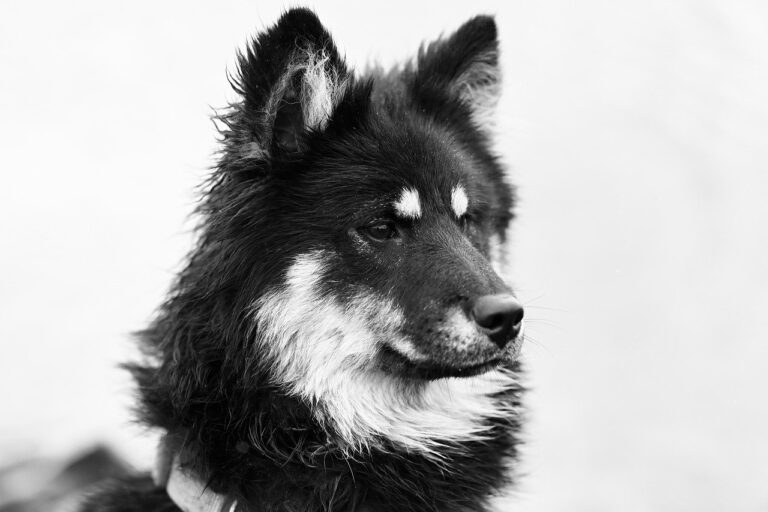In the world of animal welfare, one of the most heart-wrenching realities is the presence of abused and neglected animals. Among them, abused dogs hold a special place in our collective empathy. When we encounter stories of these animals, we often wonder: can they ever recover from the trauma they’ve endured? The answer, thankfully, is yes – but it’s a journey that requires patience, understanding, and unwavering compassion.
The Reality of Abuse
Before delving into the recovery process, it’s crucial to acknowledge the profound impact of abuse on a dog’s psyche and overall well-being. Abuse can manifest in various forms, including physical violence, neglect, confinement, and emotional trauma. These experiences can leave deep scars, both visible and invisible, affecting the dog’s behavior, trust, and ability to form relationships.
The Road to Recovery
While the journey to recovery may seem daunting, it’s important to recognize that dogs possess an incredible capacity for resilience. With the right environment and support, they can gradually heal from their past traumas. Here are key factors that contribute to their recovery:
- Safety and Stability: Creating a safe and stable environment is paramount for an abused dog’s recovery. This includes providing a secure living space, consistent routines, and gentle, predictable interactions. Establishing a sense of safety allows the dog to lower their guard and begin rebuilding trust.
- Patience and Understanding: Patience is perhaps the most critical virtue when working with abused dogs. Progress may be slow, and setbacks are to be expected. Understanding the dog’s triggers, fears, and limitations is essential for tailoring rehabilitation efforts to their specific needs.
- Positive Reinforcement: Positive reinforcement techniques, such as rewards-based training and praise, are invaluable tools in rebuilding a dog’s confidence and teaching new behaviors. By focusing on encouraging desired actions rather than punishing undesirable ones, we can foster a sense of accomplishment and trust in the dog.
- Professional Guidance: Seeking guidance from experienced animal behaviorists or certified trainers can greatly facilitate the recovery process. These professionals can offer personalized strategies, behavior modification techniques, and ongoing support to address the dog’s unique challenges.
- Socialization and Integration: Gradual exposure to positive social experiences and interactions with other dogs and humans is essential for helping an abused dog overcome fear and learn appropriate social skills. However, it’s crucial to proceed at the dog’s pace, respecting their comfort levels and boundaries.
- Unconditional Love and Compassion: Perhaps above all, abused dogs need an abundance of love, compassion, and understanding. Building a strong bond based on trust, empathy, and companionship forms the foundation of their emotional healing journey.
- Physical Rehabilitation: In cases of severe physical abuse, such as malnutrition or untreated injuries, veterinary care and rehabilitation may be necessary. Ensuring proper nutrition, medical treatment, and physical therapy can aid in the dog’s physical recovery and overall well-being.
- Emotional Healing: Addressing the emotional scars of abuse requires patience and sensitivity. Activities like gentle massages, aromatherapy, and calming music can help soothe anxious dogs and promote relaxation. Additionally, providing safe spaces, such as cozy blankets or crates, allows them to retreat when feeling overwhelmed.
- Building Confidence: Many abused dogs suffer from low self-esteem and lack confidence in their abilities. Engaging in confidence-building exercises, such as agility training or nose work, offers mental stimulation while bolstering their self-assurance. Celebrating even the smallest achievements instills a sense of pride and accomplishment.
- Managing Triggers: Identifying and managing triggers that evoke fear or anxiety is essential for the dog’s emotional stability. Whether it’s loud noises, unfamiliar environments, or specific gestures, gradually desensitizing them through counter-conditioning and systematic desensitization techniques can help diminish their reactivity over time.
- Fostering Trust: Rebuilding trust is a gradual process that requires consistency and reliability. Avoiding situations that may cause distress and respecting the dog’s boundaries fosters a sense of security. Slowly introducing new experiences and individuals in a controlled manner helps establish positive associations and strengthens the bond between the dog and their caregiver.
- Community Support: Engaging with supportive communities, such as online forums or local animal rescue groups, provides invaluable resources and encouragement for both the dog and their caregiver. Sharing experiences, seeking advice, and celebrating milestones with like-minded individuals can alleviate feelings of isolation and offer reassurance during challenging times.
The Power of Resilience
While the scars of abuse may never fully disappear, many abused dogs go on to lead fulfilling lives filled with love, joy, and companionship. Their resilience serves as a testament to the transformative power of compassion and the unwavering human-animal bond.
Celebrating Progress
While the road to recovery may be filled with obstacles, every small step forward is cause for celebration. Whether it’s a tentative tail wag, a moment of relaxation, or a newfound sense of trust, each milestone represents a triumph over adversity. By acknowledging and celebrating these victories, we honor the resilience and strength of abused dogs as they embark on their journey towards healing and happiness.
In conclusion, the question of whether an abused dog can ever recover is not a matter of possibility but of commitment. With patience, understanding, and unwavering support, these remarkable animals can embark on a journey of healing and transformation, ultimately reclaiming their happiness and trust in the world.
As advocates for animal welfare, it’s our collective responsibility to provide them with the second chances they deserve – and to celebrate every small victory along the way.


